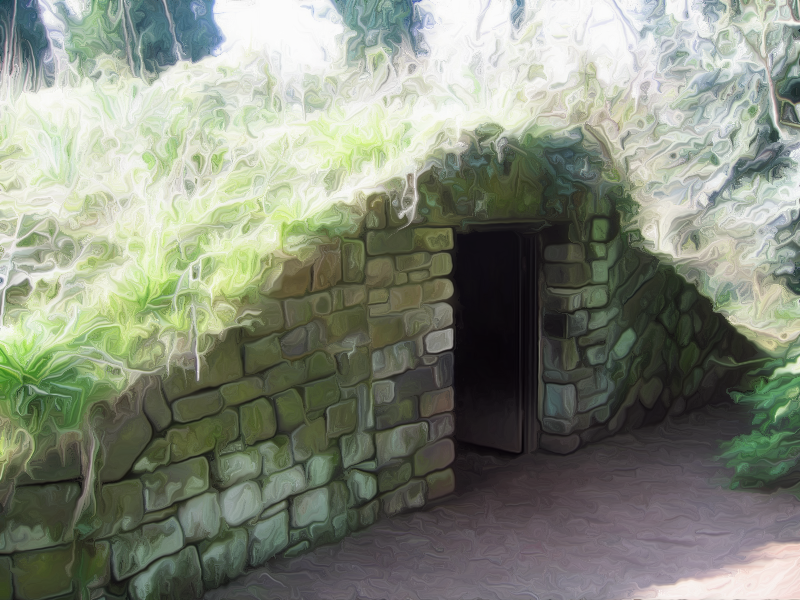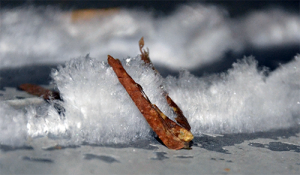
We would find it hard to live now without the aid of our fridges and freezers.
Imagine not being able to indulge in some ice cream on a hot day, pick up some fresh fruit from the supermarket or relax with an ice-cold beverage.
Imagine having to go food shopping daily to ensure you have fresh produce for the day. It’s not just food either – not being able to store medicine or sending fresh flowers to a loved one!
During the last couple of hundred years, the ability to chill and freeze has changed the way we live our lives completely.
Suddenly, we could enjoy cheaper produce from faraway lands, climate and season no longer mattered when it came to what foods would be available. It bolstered industrial processes and in turn, became an entire industry of its own.
When we speak of refrigeration, it means the process of cooling a substance or areas to below the current environmental temperature. Humans have always sought to refrigerate things and themselves in hot climates. It is not a process that’s new but the appliances we now use to achieve this are relatively new in terms of human history.

How did our ancestors refrigerate?
Ice has been harvested since before the first millennium. The Chinese, Hebrews, Greeks and Romans would store large pits of snow and then insulate the pit.
If you needed a cool drink, you could use some of the snow or place a container of food into the pit to prolong its life. The Egyptians would leave boiled water on the roof overnight to cool in the night breeze.
In the warm climates of southern Europe, saltpetre was dissolved in bottles of water which had the effect of cooling the water and forming ice. By the end of the 1600s, using ice in drinks, juices and desserts had become very popular amongst the French nobility.
Most households had to store easily spoiled foods like milk and butter in cool, dark cellars, in containers underneath lakes and wells or in outside window boxes.
Building a springhouse over a running stream was another way to keep stored items cooler; a very basic and early version of the Commercial Cold Rooms we see today from Fridge Freezer Direct.
However, none of these methods were particularly efficient in preventing food from spoiling quickly. Bacteria was still a major problem and pasteurization had not yet been discovered. Many people suffered from ‘summer complaint’ from consuming rotten food during warmer months.
Some other old methods of food preservation included spicing, salting, pickling, drying and smoking. Diet was also different because of this lack of refrigeration, with a focus mainly on salted meats and bread.
It is only now, thanks to advances in refrigeration technology that we enjoy such a varied diet consisting of fresh meat, fruits, vegetables and dairy products. We can enjoy foods from around the world, as transportation is refrigerated. In the past, food would have spoiled a long time before it ever reached us. It’s hard to imagine a time when the food in your home had to be eaten on a day-by-day basis with little opportunity for saving and storing.

Leave a Comment
Your email address will not be published. Required fields are marked *